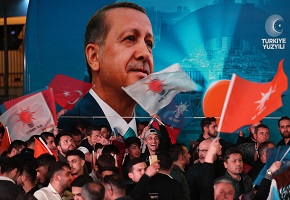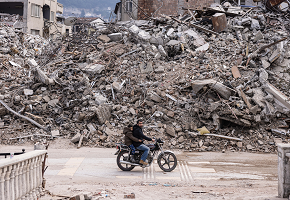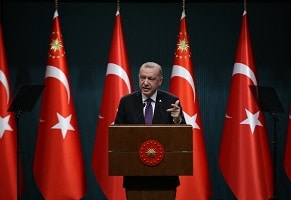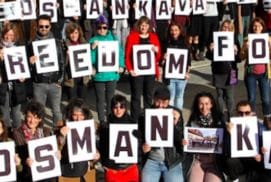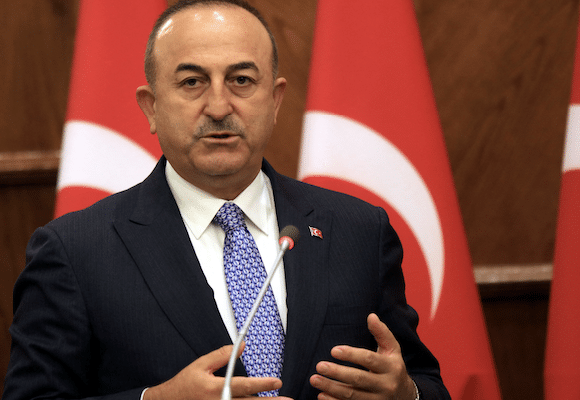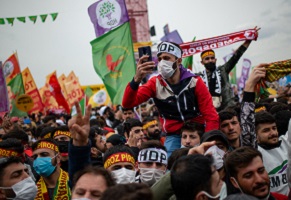Mariano Giustino 12 March 2025
The fact that one of the longest conflicts in contemporary history, which has resulted in over 40,000 deaths, could soon come to an end is undoubtedly an event worth celebrating. Kurdistan Workers’ Party (PKK) leader Abdullah Ocalan has ordered the armed wing of the party he founded in 1978 to end the armed struggle and dissolve the organization. Is this the end of an era? It’s still too early to say.



